Filter by
The language used throughout the course, in both instruction and assessments.
Results for "particle+filter"
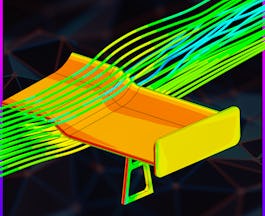
Coursera Project Network
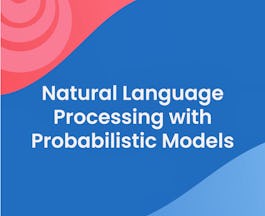
DeepLearning.AI
Skills you'll gain: Machine Learning, Natural Language Processing, Python Programming, Statistical Programming, Statistical Machine Learning
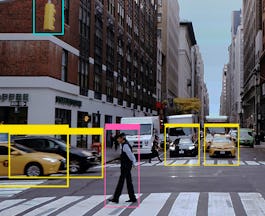
Skills you'll gain: Computer Vision
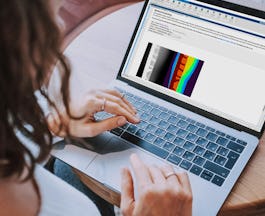
Skills you'll gain: Matlab
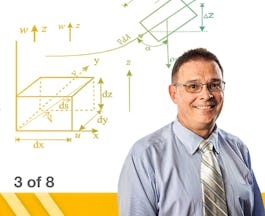 Status: Free
Status: FreeGeorgia Institute of Technology
Skills you'll gain: Mathematics, Problem Solving
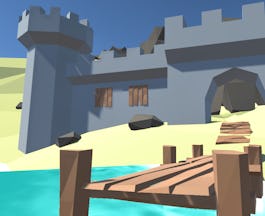
Michigan State University
Skills you'll gain: Computer Graphics, Computer Graphic Techniques, Visual Design, Geometry, Graphics Software
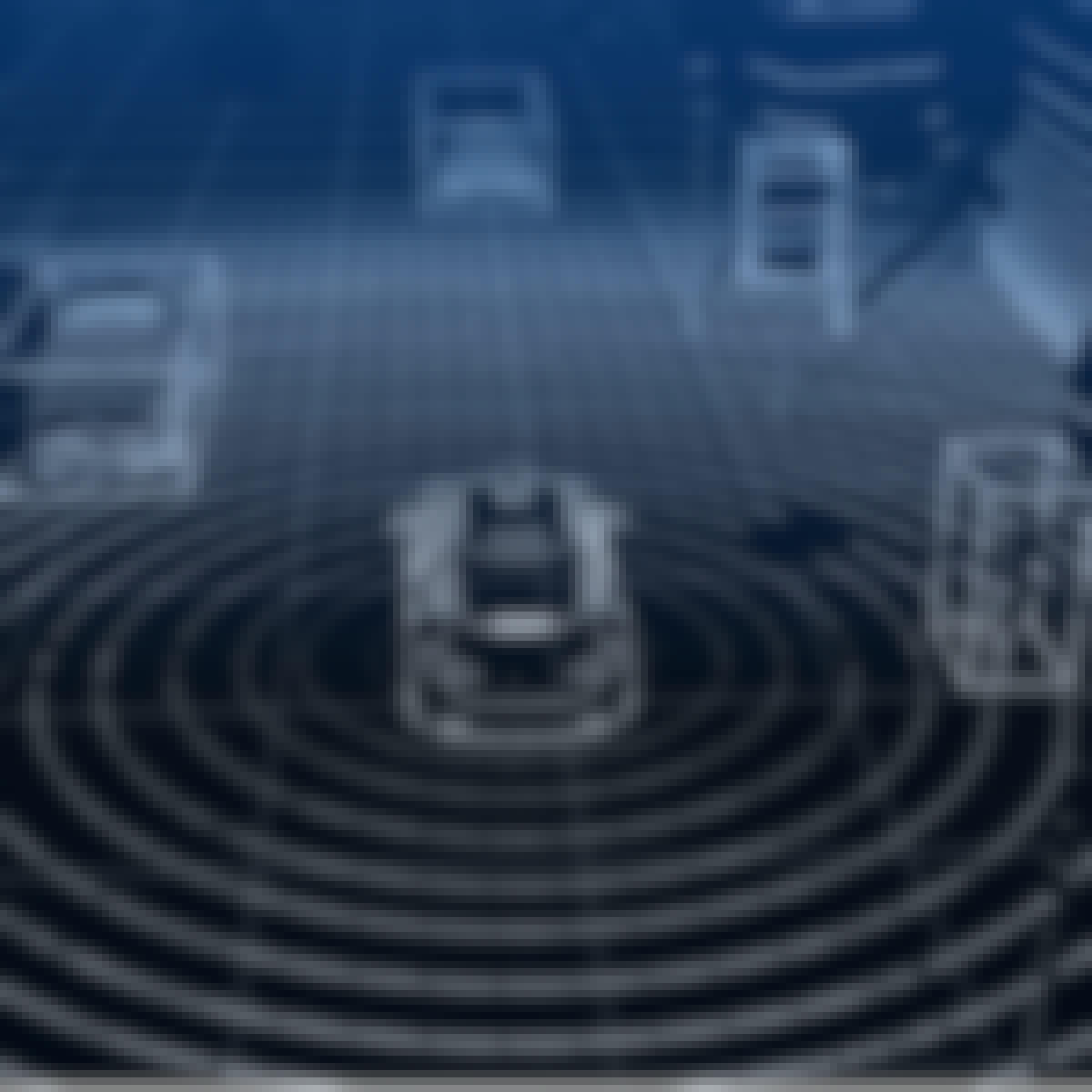
University of Toronto
Skills you'll gain: Machine Learning, Applied Machine Learning, Computer Programming, Python Programming, Artificial Neural Networks, Computer Vision
 Status: Free
Status: FreeCoursera Project Network
Skills you'll gain: Graphic Design
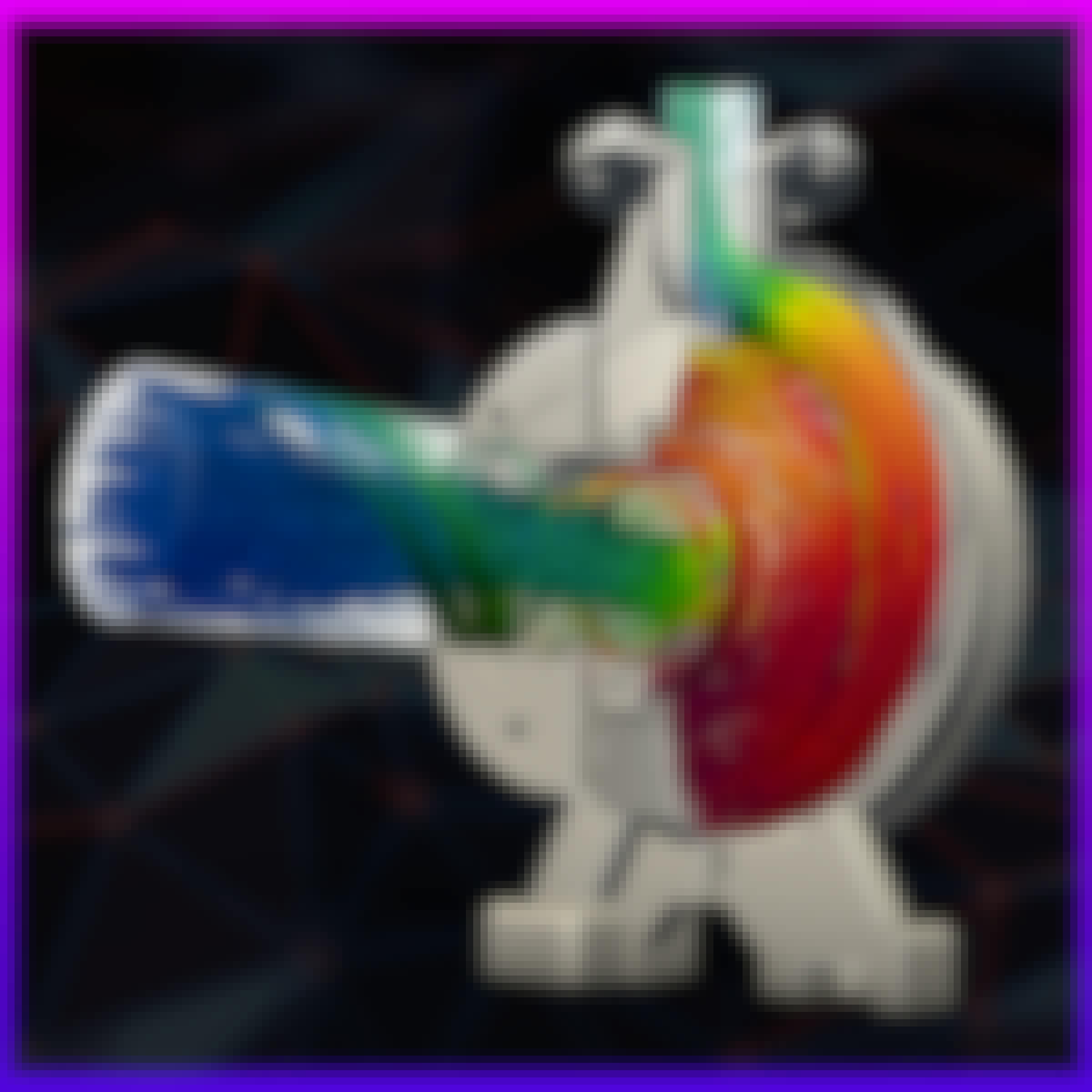
Coursera Project Network
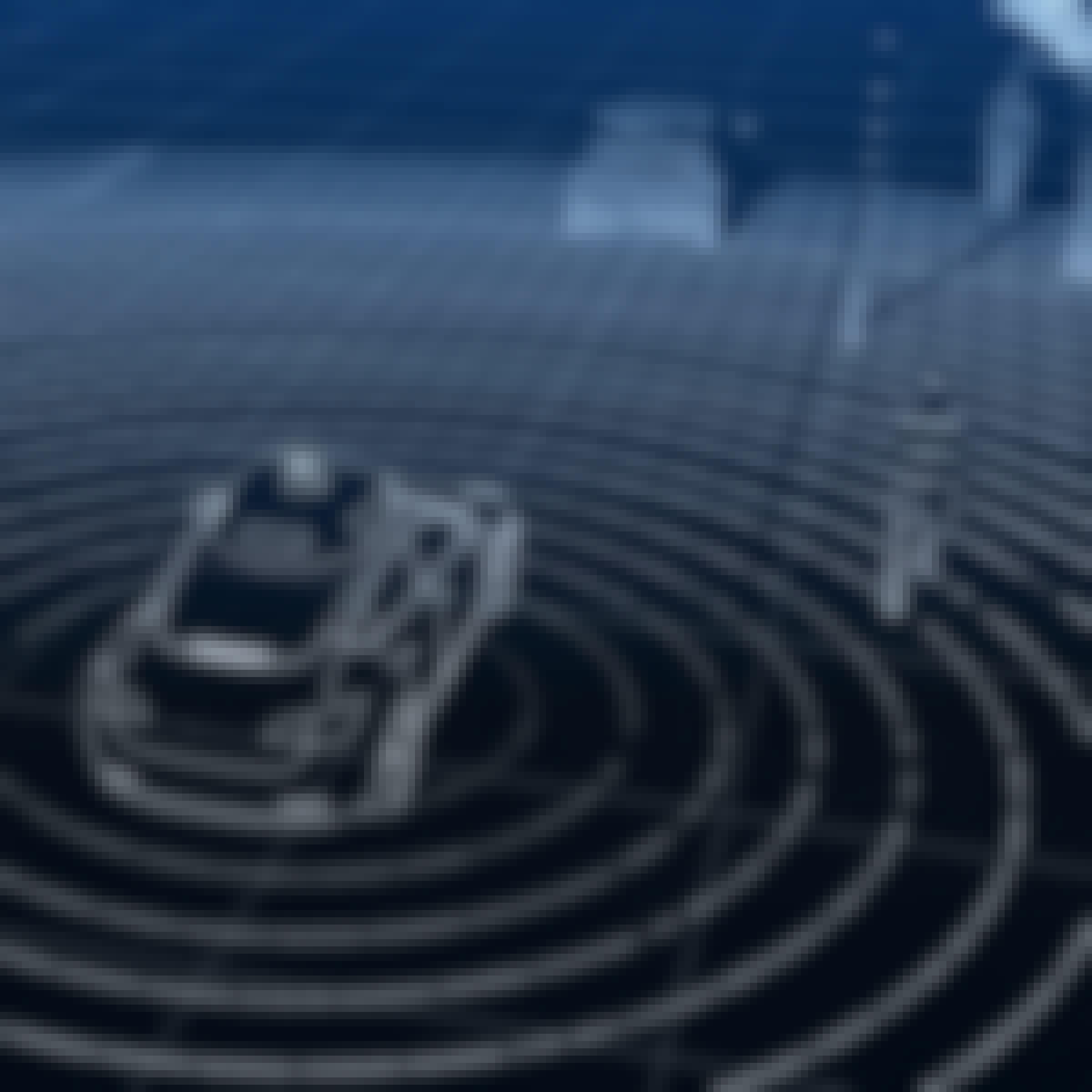
University of Toronto
Skills you'll gain: Estimation, Mathematical Theory & Analysis, General Statistics, Mathematics, Python Programming, Algorithms, Computer Programming, Linear Algebra, Regression
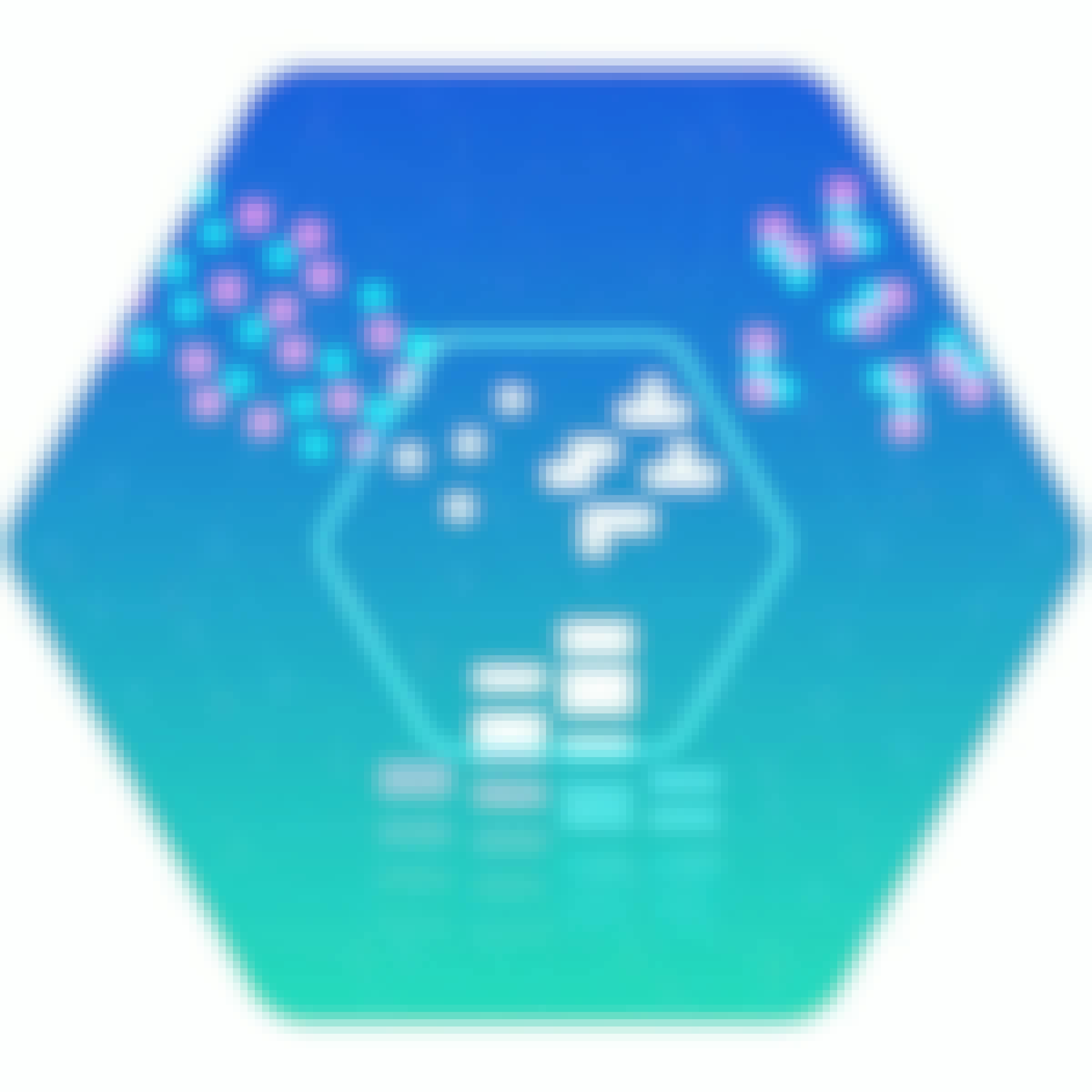
Skills you'll gain: Cloud Computing, Cloud Platforms, Google Cloud Platform, Apache, Cloud Engineering, Computer Architecture, Distributed Computing Architecture

MathWorks
Skills you'll gain: Matlab
Searches related to particle+filter
In summary, here are 10 of our most popular particle+filter courses
- Computational Fluid Mechanics - Airflow Around a Spoiler: Coursera Project Network
- Natural Language Processing with Probabilistic Models: DeepLearning.AI
- Object Tracking and Motion Detection with Computer Vision: MathWorks
- Image Processing for Engineering and Science: MathWorks
- Engineering Systems in Motion: Dynamics of Particles and Bodies in 2D Motion: Georgia Institute of Technology
- Low Poly Art For Video Games: Michigan State University
- Visual Perception for Self-Driving Cars: University of Toronto
- Adobe Photoshop for Beginners: Generative AI Images: Coursera Project Network
- CFD Simulation Through a Centrifugal Pump: Coursera Project Network
- State Estimation and Localization for Self-Driving Cars: University of Toronto










